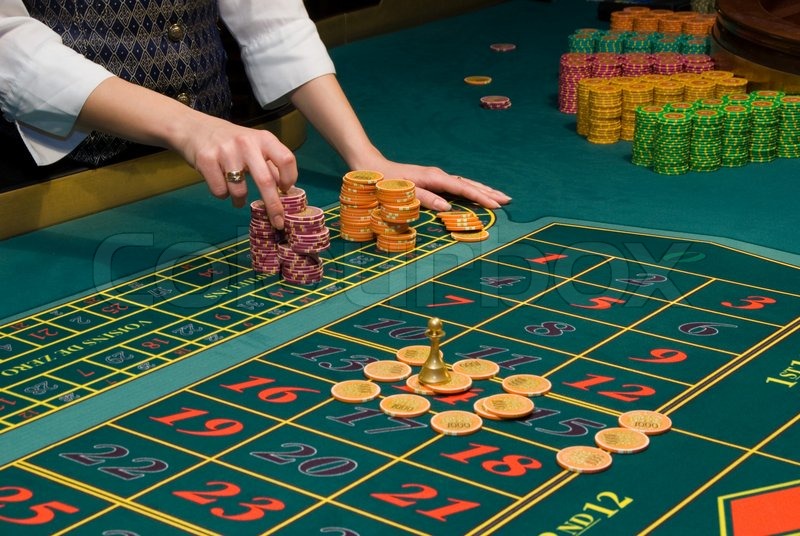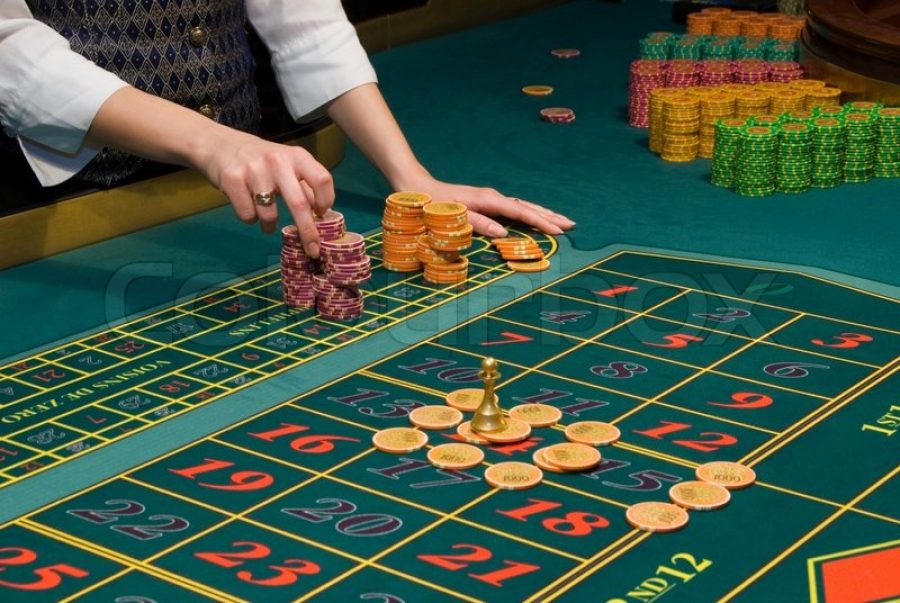Judiciary Police (PJ) Director Chau Wai Kuong said that the recent rise in gaming-related loan-sharking cases and gaming-related false imprisonment cases was partially due to the drop in gaming revenues over the last few years.
Chau made the remarks on the sidelines of an award ceremony commemorating the 57th anniversary of the Judiciary Police at the PJ headquarters in Zape.
Addressing the award ceremony, Chau said that the Judiciary Police recorded 413 gaming-related loan-sharking cases and 523 gaming-related false imprisonment cases between June 2016 and May 2017, a 6.2 percent increase and a 20.2 percent increase from the corresponding period in 2015 and 2016, when the Judiciary Police recorded 389 gaming-related usury cases and 435 gaming-related false imprisonment cases.
Gaming-related false imprisonment cases refer to false imprisonment cases resulting from gamblers being unable to pay a gambling debt to loan sharks, according to the police.
According to Chau, the overall number of cases the Judiciary Police recorded from June 2016 to May 2017 increased by 9.1 percent to 12,685, from 11,632 cases during the same period in 2015 and 2016.
Chau said that the Judiciary Police recorded 40 cases involving criminal organisations from June 2016 to May 2017, a 166.7 percent increase from 15 such cases recorded during the same period in 2015 and 2016.
Speaking to reporters after the award ceremony, Chau said that the rise in gaming-related loan-sharking cases and gaming-related false imprisonment cases was partially due to a decline in gaming revenues over the last few years.
According to official statistics, Macau’s monthly gross gaming revenues suffered year-on-year negative growth between June 2014 and July 2016.
Chau said that the Judiciary Police have solved most of such cases, adding that most of the people – both victims and suspects – involved in such cases were from the mainland.
Chau said that as the cases normally take place on casino-hotel premises, their impact on civil society as a whole was minimal.






